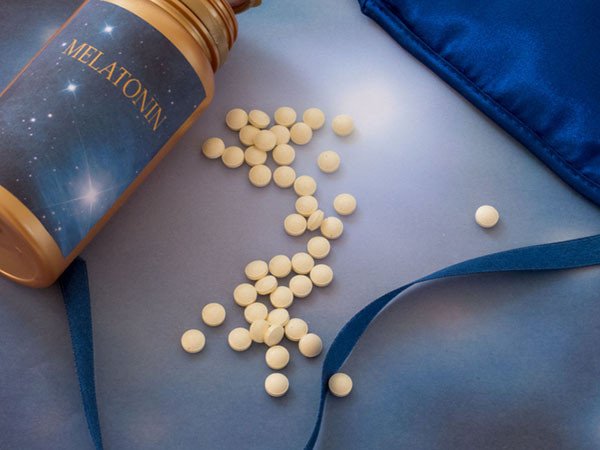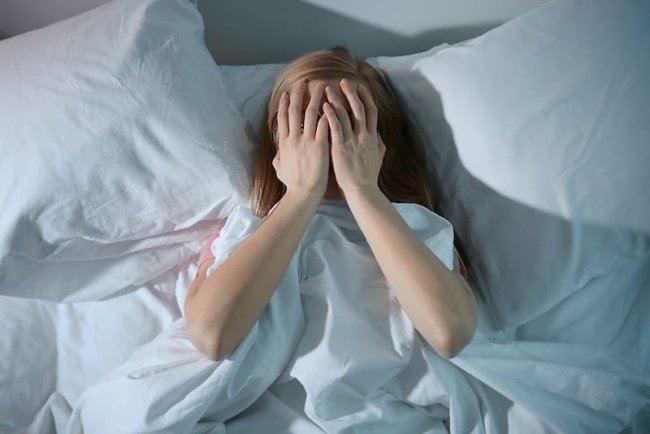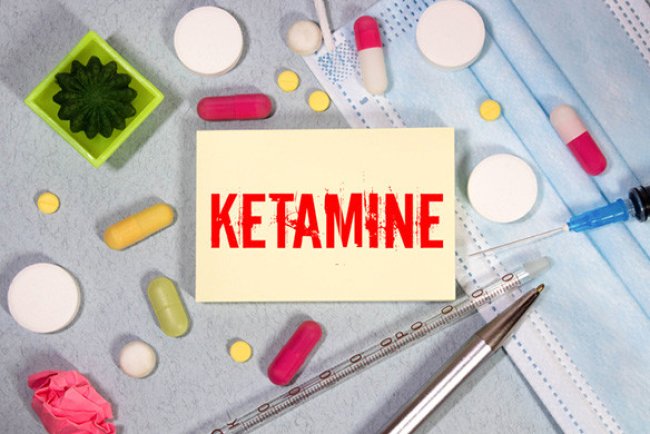Could a simple pill like "Vitamin M" be the solution to your sleepless nights?
In modern times, drugstore aisles are crowded with melatonin bottles that promise peaceful rest. What's the deal? The sleep hormone that is produced by your brain has also become a popular over-the-counter drug. This occurs because of the same mechanism. The CDC has revealed that nearly 70 million Americans are struggling with chronic sleep disorders, making it seem reasonable. For many, the use of melatonin is gentler and safer than taking prescription sleep aids.' But does it actually work? And more importantly is it safe?

America's Growth of Melatonin.?
To determine the prevalence of melatonin use, scientists examined data from the NHANES. The study was conducted by researchers. Only 0.4% of adults reported using melatonin within the past month in 1999. The number of adults had increased four times, to 2.1% by 2017.. Today, the market is still exploding, with chewables and sleep aids designed to lure unsympathetic consumers.
Melatonin is a natural hormone that we already produce, which makes it appealing. However, this is where things become complicated..
Is Melatonin Really Safe?

It is safe for healthy adults to use short-acting melatonin in approximately 48 hours. Common side effects include mild dizziness, grogginess or headaches. Although melatonin can interact with drugs like birth control and diabetes treatments, it's not recommended to include it in one's nightly routine without considering its effects.
Melatonin is not a drug and instead is regulated as an organic compound in the U.S, unlike other medications. The FDA does not scrutinize pharmacy shelves for bottles that are under the same scrutiny as antibiotics or blood pressure medications.
The quality issue is a genuine concern.' A 2017. The University of Guelph conducted a study on 31 different melatonin supplements, which revealed unexpected discrepancies. Some supplements contained 83% less compared to the market, while others had almost five times more derived from it. Picture popping a suspected gentle dose of 3 mg, only to unwittingly swallow the hormonally equivalent cannonball. Imagine that.?
A Growing Concern About Melatonin and Children.
Melatonin is now a popular supplement among American children, who are often advised by their parents to use it instead of finding safe prescription options for insomnia. According to a 2012 survey, it was the second most popular non-vitamin supplement for kids between 4 and 17 years old.
Children with autism spectrum disorders may benefit from the use of melatonin to manage challenging sleep patterns. Long-term safety data for children is still a mystery. Researchers are unsure if an innocent shortcut to bedtime is actually being used to manipulate young bodies. Why?
When is Melatonin a useful drug and when is it not?

The American Academy of Sleep Medicine (AASM) has made it clear that melatonin is useful for specific sleep disorders, but not for general insomnia.
When it may help:
Sleep disturbance disorder with delayed duration of activity (dark individuals who can't fall asleep until 3 a.m.)
Non-24 hour sleep/wake disorder is a common trait among blind individuals.
Children suffering from neurological disorders and disturbed sleep patterns.?...
When it probably won't help:
Adults with classic insomnia. Studies indicate inconsistency in outcomes.
The key takeaway? Unlike a drug that causes direct death, melatonin functions more as 'chronobiotics'. Think about it as changing your circadian rhythm instead of trying to force an automatic switch.
The story of "Vitamin M" as told by the actress.
The colorful gummies of melatonin may not indicate that it is the miracle cure. It can be advantageous for certain individuals, particularly those with non-synchronized body clocks. Even though there are many Americans who suffer from old-fashioned sleeplessness, it is not the perfect answer.
If you're having trouble sleeping, it's better to consult a sleep specialist or your doctor instead. What should you do? The pursuit of a genuine rest requires addressing lifestyle, stress, and health issues at varying levels, rather than just resorting to quick hormonal treatments.'
Before proceeding, take note of melatonin for what it is: an effective yet frequently misunderstood tool that may not be a panacea for America's troubled sleep.
What's Your Reaction?




















